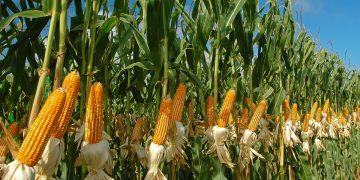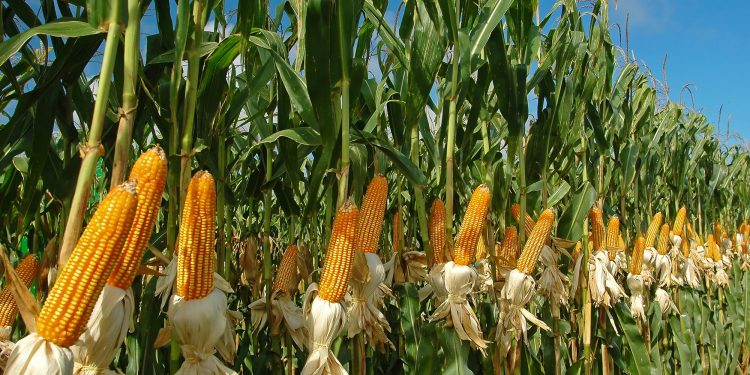#Climate-smartagriculture #maizefarming #sustainableagriculture #climatechangeadaptation #precisionagriculture #resourceoptimization #agriculturalinnovation #resilience #ruraldevelopment #foodsecurity
According to recent news from Tribune Online Nigeria, maize farmers in Lagos have been receiving tutelage on climate-smart agriculture, recognizing the urgent need to adapt to changing climatic conditions. Climate-smart agriculture integrates innovative techniques and technologies that promote sustainable production while minimizing environmental impacts. By implementing these practices, farmers can enhance their yields, optimize resource utilization, and contribute to climate change mitigation.
The adoption of climate-smart agricultural practices can yield significant benefits for maize farmers in Lagos. For instance, conservation agriculture techniques such as minimum tillage, crop rotation, and cover cropping can improve soil health, reduce erosion, and enhance water conservation. These practices have shown promising results in maize production, with increased yields reported in various regions around the world, as noted by studies highlighted in a report by the Food and Agriculture Organization (FAO) of the United Nations.
Furthermore, precision agriculture technologies offer tremendous potential in optimizing resource utilization and improving productivity. By utilizing remote sensing, satellite imagery, and data-driven decision-making tools, farmers can precisely tailor their irrigation, fertilization, and pest management practices, leading to improved efficiency and reduced environmental impact. A study conducted by the International Maize and Wheat Improvement Center (CIMMYT) demonstrated the positive impacts of precision agriculture techniques on maize productivity, resource use efficiency, and profitability.
However, the implementation of climate-smart agriculture is not without challenges. Limited access to finance, lack of technical knowledge and skills, and inadequate infrastructure can hinder the adoption of these practices. Government support through policy incentives, capacity-building programs, and investments in rural infrastructure can play a crucial role in overcoming these barriers. Collaborative efforts involving agricultural extension services, research institutions, and private sector stakeholders are essential to empowering farmers and facilitating the widespread adoption of climate-smart practices.
The tutelage on climate-smart agriculture received by maize farmers in Lagos marks an important step towards building a resilient and sustainable agricultural sector. By embracing climate-smart practices and leveraging innovative technologies, farmers can adapt to changing climate patterns, enhance productivity, and contribute to climate change mitigation efforts. It is imperative for stakeholders, including farmers, agronomists, agricultural engineers, farm owners, and scientists, to collaborate and promote the adoption of climate-smart agriculture to ensure food security, environmental sustainability, and the well-being of farming communities.































